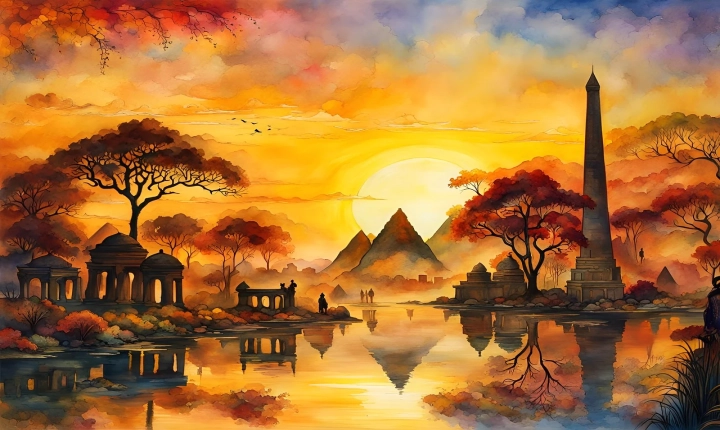Can ChatGPT Write Scripts?
With the continuous advancement in artificial intelligence (AI) and natural language processing (NLP) technologies, we’ve seen the emergence of tools and platforms that can generate human-like text, including scripts for various purposes such as movies, games, and advertisements. One such tool that has gained significant attention in this regard is ChatGPT, developed by OpenAI. ChatGPT is a large language model that has been trained on a diverse range of internet text and has the capability to generate coherent, contextually relevant text based on the input it receives.
The question that arises is: can ChatGPT effectively write scripts, and to what extent can it be relied upon for this purpose?
The answer to this question requires an understanding of the capabilities and limitations of ChatGPT. While ChatGPT can undoubtedly produce coherent text and engage in conversations that resemble human-like communication, it is important to note that it is not without its limitations. ChatGPT typically excels at generating text in response to a prompt and can maintain a consistent tone and context throughout a conversation. However, when it comes to more complex and nuanced tasks such as writing scripts, there are several factors to consider.
One of the key challenges in using ChatGPT to write scripts is the need for a deep understanding of the specific genre, style, and structure of the script. For instance, a screenplay for a film requires an understanding of character development, plot dynamics, visual storytelling, and pacing, which may be beyond the capabilities of ChatGPT in its current form. Similarly, the writing of scripts for interactive media such as video games or immersive experiences involves complex branching narratives and player choices, which adds another layer of complexity to the task.
Furthermore, scripts often require a level of creativity, originality, and emotional depth that may be difficult for a machine to replicate. While ChatGPT can generate text based on patterns and inputs it has been trained on, it may struggle to produce truly innovative and impactful storytelling that resonates with audiences on a deeper level.
Despite these challenges, there are potential applications for ChatGPT in scriptwriting. For example, it could be used as a tool to generate initial drafts or as a source of inspiration for human writers. By providing prompts and generating initial dialogue or scene descriptions, ChatGPT could help jumpstart the creative process for writers and assist in overcoming writer’s block.
In conclusion, while ChatGPT’s ability to generate coherent and contextually relevant text is impressive, its current limitations in understanding complex narrative structures, character development, and emotional storytelling make it less suitable for writing full-fledged scripts independently. However, when used in collaboration with human writers and as a tool to aid the creative process, ChatGPT can certainly contribute to the scriptwriting process by providing initial ideas and inspiration. As AI technology continues to advance, it’s likely that we will see further developments in this space, potentially leading to more sophisticated tools that can assist in scriptwriting tasks.
